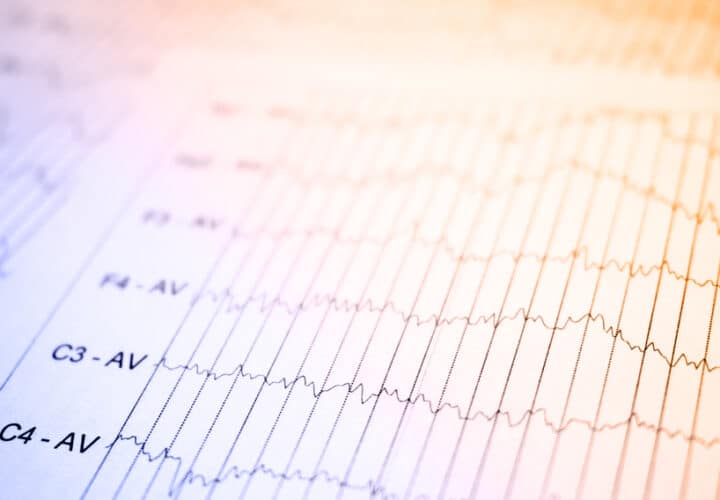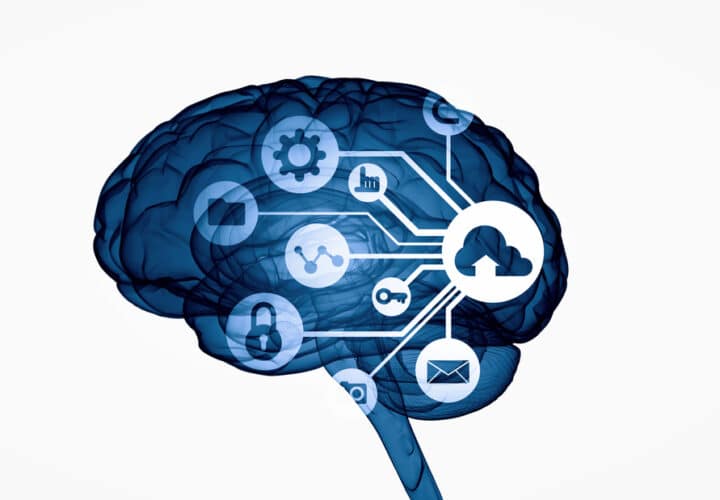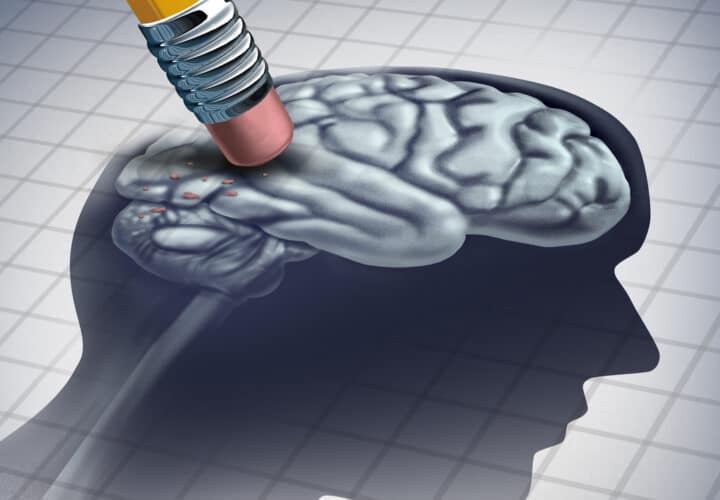As we age, our memory inevitably falters—it’s a normal sign of aging. But wouldn’t it be nice if you could return to the memory of your youth, when recalling that actor’s name or reciting an algebraic formula rolled off your tongue?
According to a new study published in the journal Nature, getting back the working memory of your 20s might be as easy as receiving an individualized electrical zap. Scientists at Boston University found that older adults who received electrical stimulation for 25 minutes reclaimed the working memory of a 20-something.
For the study, scientists asked two groups—42 people in their 20s and 42 people in their 60s and 70s—to test their working memories with an exercise that asked them to view an image, then identify if a later image had any differences than the original.
The working memory is what keeps track of things while they’re happening—the ability to hold something in the mind and make a decision or process instructions. It’s one of the most noticeable things dementia patients begin to lose, and why they begin to ask the same question over and over again, even after hearing the answer just minutes before.
In the original test, the younger adults did better at the working memory challenge—about 90 percent correct compared to the older adults’ 80 percent. But after the older adults received 25 minutes of brain stimulation delivered through a cap rigged with electrodes, they performed just as well as the younger group, an effect that lasted the full 50 minutes of the duration of the experiment.
“We’re re–synchronising these brain areas that are uncoupled or less synchronized in the elderly; we’re re-synchronizing them and seeing behavioral benefits,” said lead author Robert Reinhart. “These findings … not only give us new insights into the basis for working memory decline but show that negative age-related changes are not unchangeable, we can bring back the superior working memory function that you had when you were much younger.”
The experiment showed that it may be possible to reconnect pathways that get tenuous as we age. And even younger adults who have a less-than-stellar working memory could benefit, the researchers found.
Fourteen of the 20-somethings did poorly on the test, so Reinhart used electrical stimulation on them, too—and their working memory improved.
“We showed that the poor performers who were much younger, in their 20s, could also benefit from the same exact kind of stimulation,” Reinhart said. “We could boost their working memory even though they weren’t in their 60s or 70s.”
The technique needs further testing before it might be used to help people with diseases like Alzheimer’s, though. Reinhart and his team plan to further test the electrical stimulation on animals, but are hopeful that it may one day help those with cognitive impairment.
[ Next: Normal Aging: What You Can Expect From Your Body and Brain ]




How can I give this procedure to my husband who has Primary Progressive Aphasia and Frontal Temporal Lobe Dementia? He is 65 and extremely healthy. He was diagnosed 6 years ago and cannot talk and he understands language about 5% of the time.
Please help.
Bloody hell, what next! We are people, not lab rats (person living with dementia)
I want to participate in this study!!
This electric zap idea is interesting, but the effects seem to be rather short lived. Is there away to have the electrical stimulation last or is it a one trick pony? I am a retired surgeon and have been diagnosed with mild cognitive impairment. It is a damn nuisance in its present incarnation. If you are looking for test subjects deal me in.
I would like to have the electrical zap to my brain to treat my Alzheimer’s. Can you get me enrolled for this treatment? Thanks very much and I look forward to hearing back about this procedure. Tom